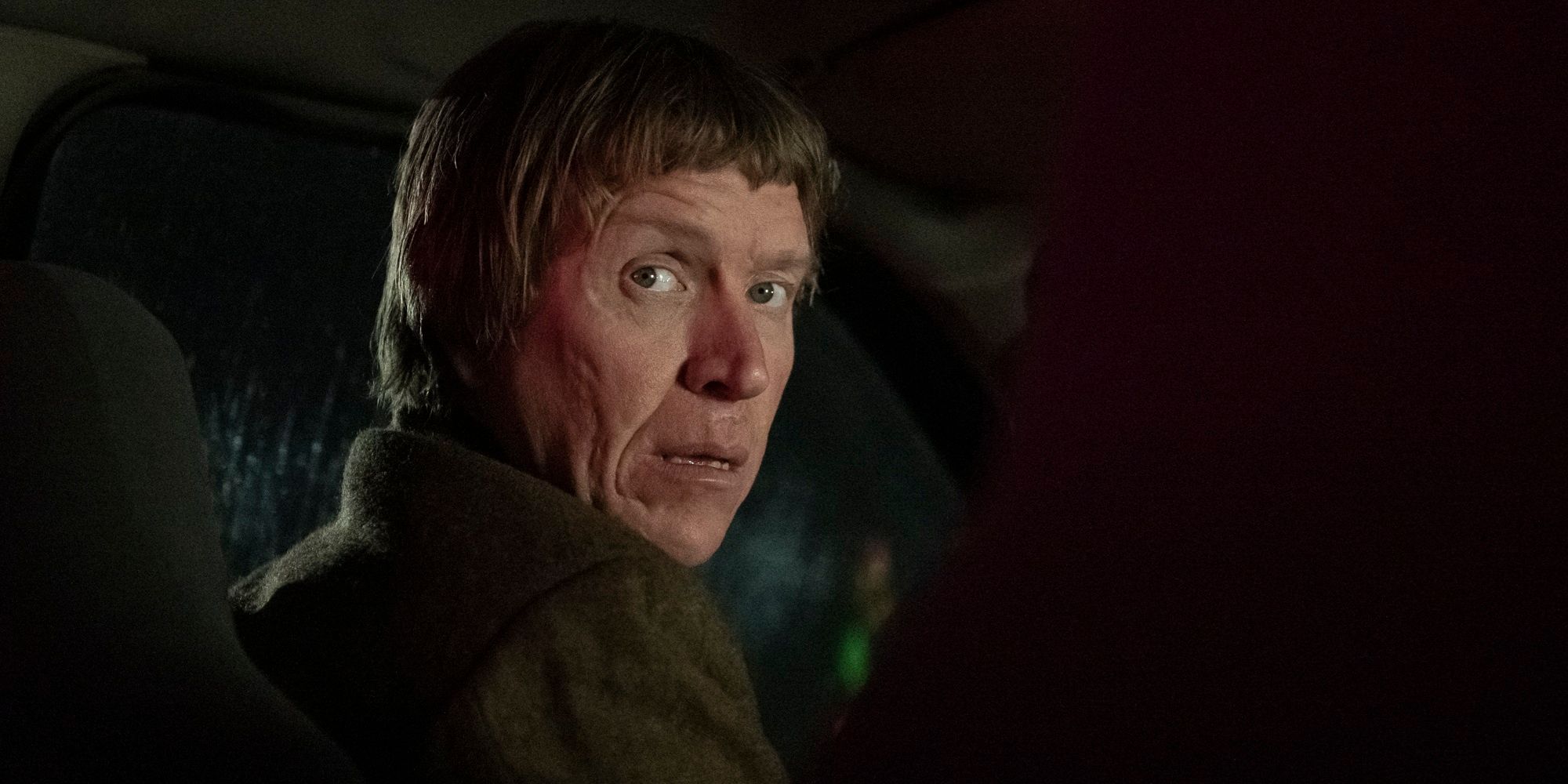
The Unprecedented Twist in Fargo Season 5: Ole Munch and Dot's Surprising Conclusion

The Fargo season 5 finale left audiences in awe with an unexpected turn of events involving Ole Munch and Dot. Showrunner Noah Hawley's decision to opt for forgiveness over bloodshed at the season's end has sparked discussions about the show's themes and character development. Let's delve deeper into this groundbreaking twist and its implications for the future of Fargo.
The Unforeseen Conclusion
The Fargo season 5 finale, titled 'Bisquik,' delivered an unprecedented and thought-provoking conclusion that left viewers in awe. After enduring a harrowing ordeal at the hands of her former husband Roy (Jon Hamm), Dot, portrayed by Juno Temple, witnessed a surprising turn of events as her one-time abuser faced justice, and she herself found solace in reuniting with her family. However, just when it seemed like the story was destined for a tragic twist, another unexpected development unfolded a year after the events at Roy's ranch. Sam Spruell's menacing Ole Munch, known for his terrifying presence, appeared at Dot's door seeking revenge, setting the stage for a gripping confrontation.
Ole Munch in a car in Fargo
What ensued was a riveting and emotionally charged exchange between Ole Munch and Dot, culminating in a remarkable resolution that defied conventional expectations. Showrunner Noah Hawley's decision to steer the narrative towards forgiveness rather than bloodshed has sparked discussions about the underlying themes and character dynamics in Fargo season 5. The pivotal moment between Ole Munch and Dot exemplified the show's penchant for subverting expectations and delving into the complexities of human nature.
Unraveling the Character Dynamics
The character dynamics in Fargo season 5 have been nothing short of enthralling, with unexpected twists and revelations adding layers of complexity to the narrative. From Juno Temple's seemingly mousy Dot revealing her inner strength as a hardcore survivalist to the transformation of Jennifer Jason Leigh's Lorraine from a cold-blooded business person to a steadfast ally, the season has been replete with surprising character arcs. Notably, Dave Foley's Danish Graves, initially portrayed as a slimy lawyer, emerged as a beacon of morality in the end, further adding to the show's penchant for defying stereotypes.
However, the most striking character evolution came in the form of Sam Spruell's Ole Munch, a menacing and seemingly heartless killer with a complex backstory. Munch's unexpected display of philosophical depth and his decision to embrace forgiveness over vengeance marked a pivotal moment in the season's narrative. This unprecedented twist shed light on the underlying themes of polarization and mutual injury, prompting viewers to contemplate the intricacies of redemption and the human capacity for change. The interaction between Ole Munch and Dot served as a poignant culmination of the season-long cycle of violence, defying traditional storytelling conventions and leaving a lasting impact on audiences.
The Impact and Implications
The unexpected conclusion of Fargo season 5, particularly the resolution between Ole Munch and Dot, has reverberated across the Fargo fan community and sparked in-depth discussions about the show's impact and implications. Showrunner Noah Hawley's deliberate choice to navigate the narrative towards forgiveness rather than perpetuating a cycle of violence has prompted reflection on the broader societal themes and the show's relevance in today's polarized world.
Furthermore, the portrayal of Ole Munch's immortal nature, as hinted in the finale, has added an intriguing layer to the character's enigmatic persona, inviting speculation about his role in the future of Fargo. The decision to deviate from the expected outcome and delve into the complexities of forgiveness and redemption has positioned Fargo season 5 as a trailblazer in the realm of contemporary storytelling, challenging conventional narratives and offering a profound exploration of the human experience.














